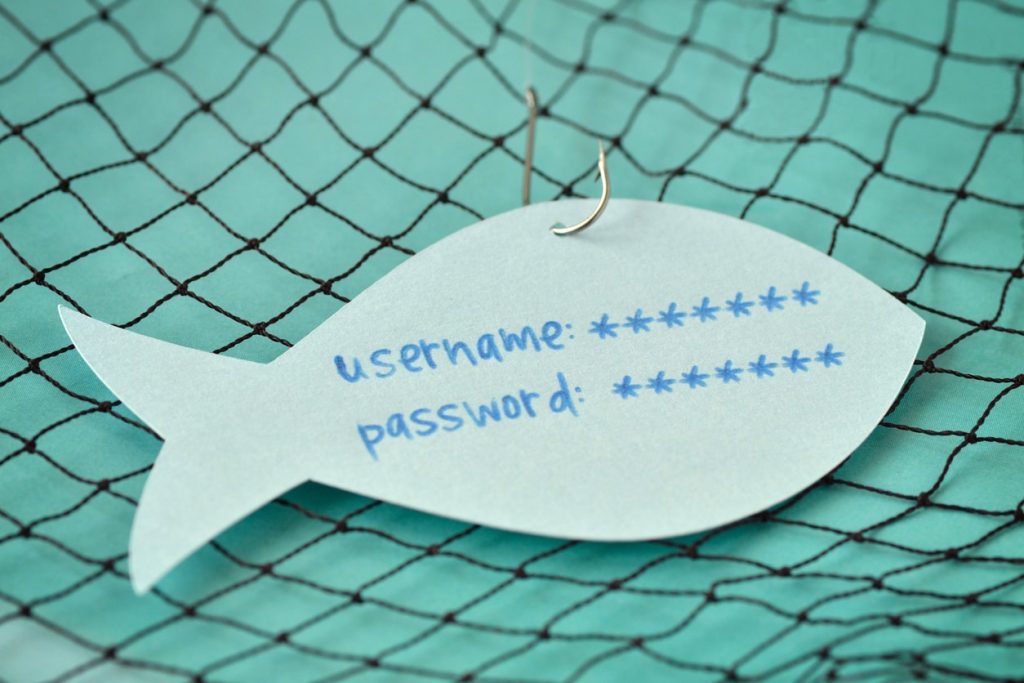A common tool in the cybercriminal arsenal, phishing is an attack vector many companies refuse to take seriously. Often seen as little more than a nuisance, phishing messages are commonly sent by text and email and have reputation for using poor English, making them easy to spot.
Modern phishing tactics are far from simplistic and are cleverly crafted to fool even some of cybersecurity’s brightest minds. As the UK’s National Cyber Security Centre (NCSC) notes on its website, the latest forms of spear phishing have been difficult to identify for even its expert staff.
The aim of every phishing attack is to trigger the recipient to take a particular action, which will result in a detrimental impact for the individual or the firm they work for. Messages may con users into parting with confidential or personal data or even company funds, but many attacks today are designed to spread malware and steal credentials. Emails may include links or attachments loaded with malicious software, or redirect recipients to phishing sites that imitate user log-in pages where their passwords and usernames can be harvested.
What is spear phishing?
Spear phishing is a highly targeted form of phishing aimed at specific individuals and enterprises using carefully collected content to make messages appear more authentic. Unlike the blanket approach used by spammers who cast a wide net, these attacks are pinpointed and involve serious research. Attackers have been known to sift through profiles on social media, websites and online forums gathering data, and even use stolen or hacked information to appear like genuine contacts.
These emails can also mimic the communication styles of national governments, healthcare organisations and banks, with details like branding and language impersonated accurately.
What is a social engineering attack?
In a cybersecurity context, social engineering is the process of psychologically manipulating people to perform certain actions or hand over private information. For example, a threat operator will use a sense of urgency in their messages to increase the victim’s stress levels, as this can force them to act rashly without thinking. The message may threaten that the target will be hit with a large fine if they do not click on a link immediately.
Social engineering attacks are not always aggressive, however, and may also include a sweetener, offering prizes, refunds, and other types of rewards to their victims for obeying instructions.
Protecting your team from phishing attacks
While creating a cybersecurity culture at your enterprises is key to ensuring staff are aware of the potential risks of phishing and how to spot attacks, other robust protective measures are advised. At Galaxkey, we offer a comprehensive solution equipped with powerful tools that can verify senders and encrypt email content. Should your staff fall for an attack and your company email accounts become accessed by an unauthorised entity, the encryption will ensure all messages and their attachments are utterly unintelligible.
If you’re ready to create a cyber secure workspace, contact us today for a free 14-day trial.



